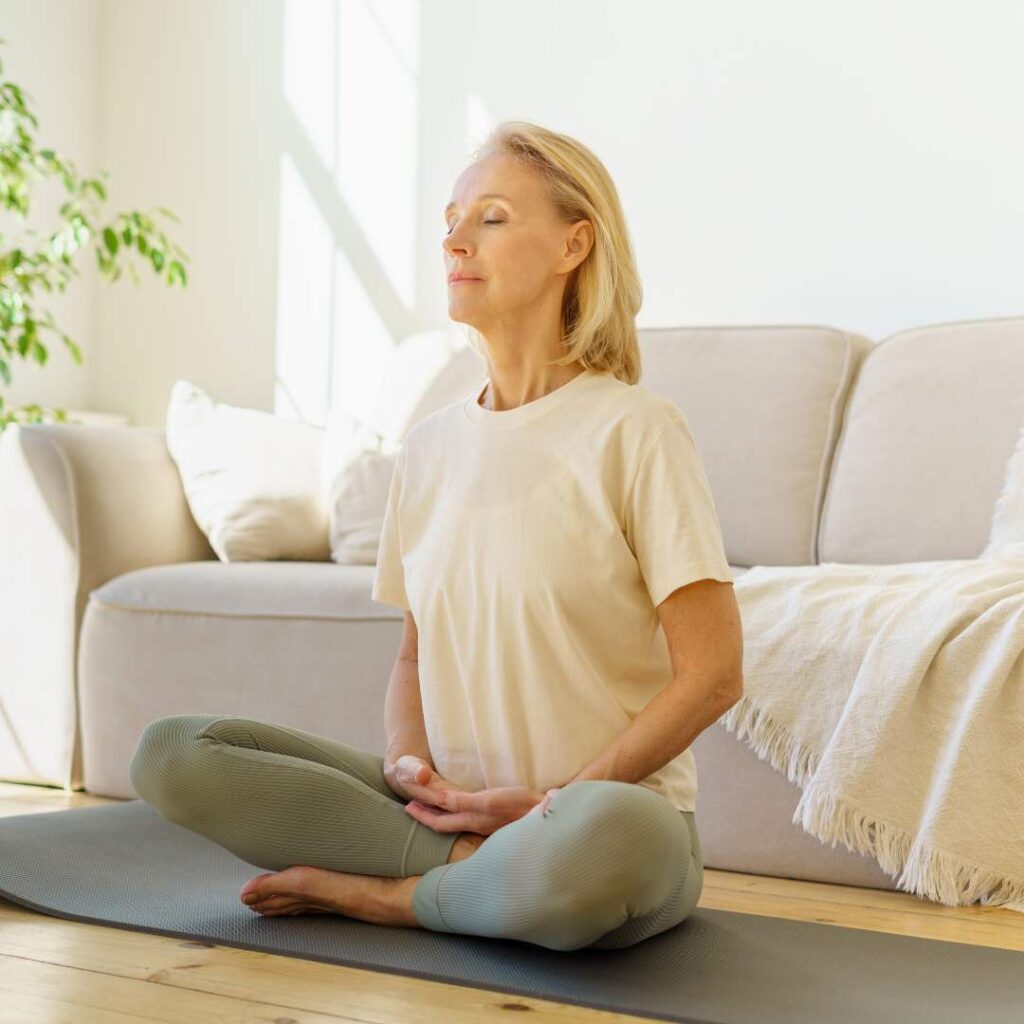SELF-COMPASSION TRAINING FOR HEALTHCARE COMMUNITIES SAMPLE CLASS
Sample some class materials for our Self-Compassion Training for Healthcare Communities programme
Sample some class materials
Thank you for your interest in our course content. Please enjoy some sample class content from our Self-Compassion Training for Healthcare Communities programme.
Our Self-Compassion Training for Healthcare Communities programme is designed to provide support for Health Coaches and other healthcare providers to support themselves whilst helping others.
Self-Compassion Training for Healthcare Communities (SCHC) is an evidence-based healthcare adaptation of the Mindful Self-Compassion programme (MSC). MSC is an empirically supported programme created by Dr. Kristin Neff (UT Austin) and Dr. Chris Germer (Harvard Medical School).

There are 3 essential components of self-compassion:
- Mindfulness – We bring awareness to ourselves to know when we are under stress or suffering.
- Common Humanity – We recognize everyone suffers, we are not alone, that imperfection is part of being human, this is normal.
- Self-Kindness – We invite kindness and support to ourselves just as we would to a loved one. This may also include more “Fierce” qualities of self-compassion like protection, providing, and motivation.
Mindfulness is the foundation of self-compassion. We need to be aware and turn toward our difficulty before we can respond with kindness.
Mindfulness involves contacting the present moment; knowing what we are experiencing whilst we are experiencing it. One common definition of mindfulness is “awareness of present moment experiences, with acceptance. This involves two key parts; attention and acceptance:
- Attention; Tuning into our experience to focus on what is happening in any given moment
- Acceptance: Observing any feelings, thoughts, body sensations without judgement (as best we can!)
Mindfulness is a balanced state of awareness. We do not suppress or avoid what we are feeling, nor do we become carried away by the dramatic storyline of what is happening (“overidentification”). Mindfulness enables us to have “Mindful Pauses”….which in turn enable us to have a choice of how we respond (rather than react).
Stop Practice
One of the easiest ways to calm and re-centre ourselves during a stressful situation is to simply STOP. We use the STOP acronym as a brief mindfulness practice throughout the day. It can take just a few seconds.
S – Stop what you are doing
T – Take 3 deep breaths
O – Observe what you are feeling (body, emotions, thoughts)
P – Proceed with what you are doing
Soles of the Feet
Focusing our minds in a specific way may help when we are feeling upset or overwhelmed. Bringing our attention to the soles of our feet is one way of doing this
3 Centre Check in
This practice offers a chance to check in with our body, feelings and thoughts
SAMPLE MOMENTS OF MINDFULNESS PRACTICES

Get in touch
If you have any questions about our Self-Compassion Training For Healthcare Communities programme, please don’t hesitate to contact our Admissions Team, using the details below.
Irish Admissions Team
Visit our Self-Compassion Training For Healthcare Communities page for full information on the course or to apply online.








Sign up for our newsletter
| Thank you for Signing Up |



